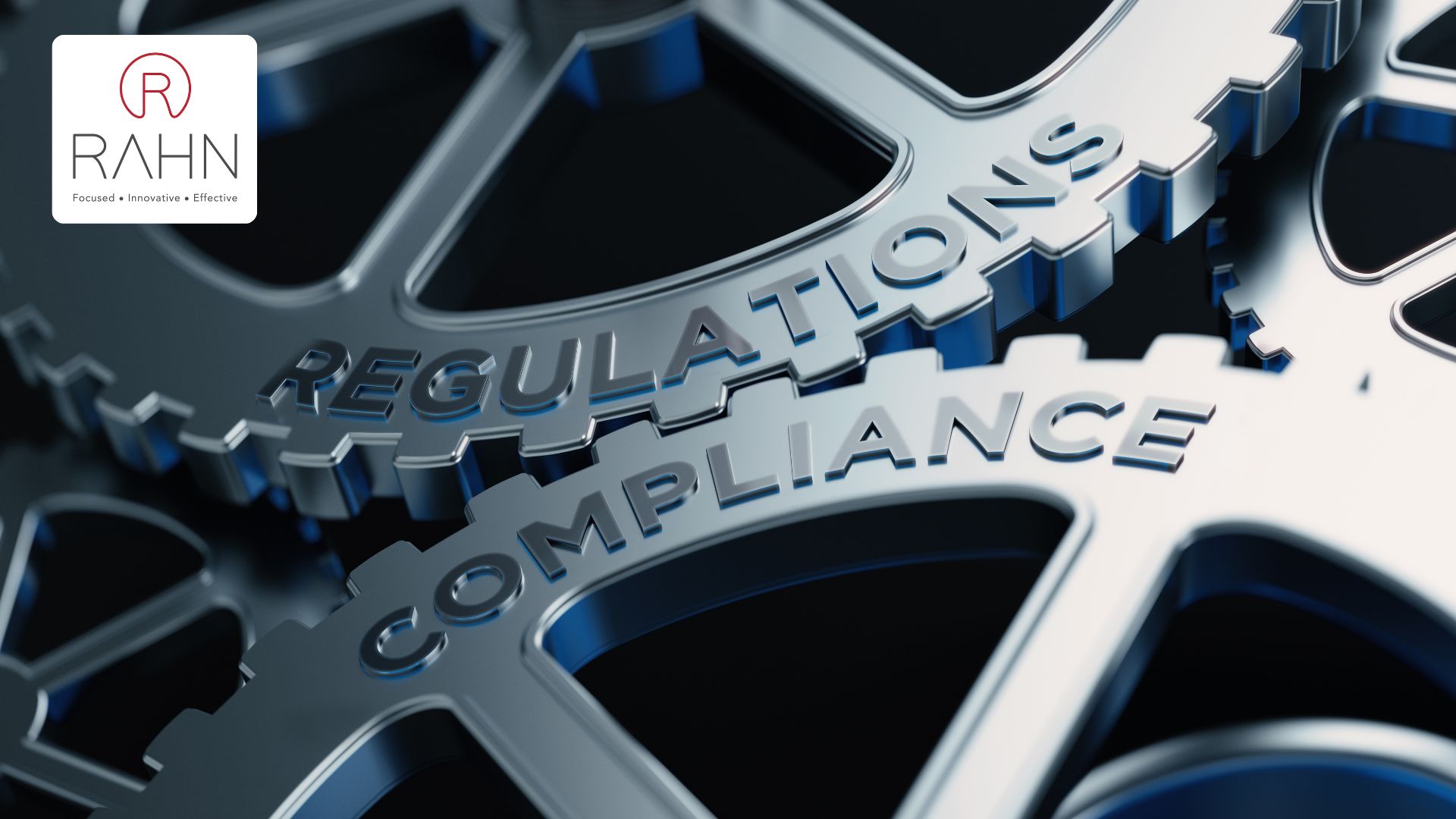Compliance for Dummies: A Simple Guide for Small to Medium Companies
Understanding Compliance and Essential Tips for SMEs
A Simple Guide for Small to Medium Companies
Running a small to medium-sized business (SME) in South Africa comes with many responsibilities, and one of the most important is ensuring compliance with various legal and regulatory requirements. But what exactly does compliance mean, and how can your company stay compliant? This article breaks it down into easy-to-follow steps to help you navigate the world of compliance without feeling overwhelmed.

What is Compliance?
Compliance refers to the need for businesses to follow laws, regulations, and guidelines set by governing bodies. Depending on your industry, these rules can vary, but the goal is to ensure businesses operate ethically, responsibly, and safely. Failing to comply can result in fines, penalties, or even the closure of your business.
Industries in South Africa That Need to Be Compliant
Most industries in South Africa have specific compliance requirements, particularly those that handle sensitive information, health and safety matters, or deal with financial transactions. Here are a few industries where compliance is crucial:
- Financial Services
- Healthcare
- Construction
- Manufacturing
- Telecommunications
- Retail
- Real Estate
- Tourism and Hospitality
- Legal Services
- Information Technology (IT)
Whether you’re in finance, healthcare, or retail, ensuring your company follows the rules is crucial to avoid legal issues and maintain a good reputation.
Basic Steps to Ensure Compliance
Here are the fundamental steps any SME can follow to ensure compliance:
Identify the Regulations for Your Industry
The first step to compliance is understanding the rules that apply to your specific industry. For example, a financial services company in South Africa must comply with the Financial Intelligence Centre Act (FICA), while healthcare providers need to follow the Health Professions Council guidelines. Do some research or consult with an expert to identify the regulations that apply to your business.
Appoint a Compliance Officer
Designating someone in your company as the compliance officer is critical. This person will be responsible for understanding the applicable laws and ensuring that your business follows them. In larger companies, the compliance officer may be a full-time position. For smaller companies, this role may be performed by the business owner or another staff member with the right expertise. There are various tools and software on the market which can help Compliance Officers. RAHN offers AML software called Rahn Monitor Get in touch with us today for a Demo.
Develop Internal Policies
Once you know the regulations, you need to create internal policies that ensure your business follows the rules. These policies should be communicated clearly to all employees. For example, if your company handles personal data, you need a data protection policy to comply with the Protection of Personal Information Act (POPIA).
Regular Staff Training
Employees need to understand the importance of compliance and how it affects their day-to-day work. Regular training sessions on relevant laws and internal policies will help prevent mistakes and ensure everyone is on the same page.
Perform Regular Audits
Regularly auditing your company’s activities ensures you stay on track with compliance. Audits will help identify any areas where you may be falling short, allowing you to fix issues before they become serious problems. External auditors can also help provide an unbiased review of your company’s compliance practices.
Keep Records
Maintaining accurate records is vital for compliance. Whether it’s employee records, financial statements, or safety inspections, having proper documentation will help you prove that your company is following the rules if you’re ever audited or investigated.
Monitor Changes in Regulations
Regulations change all the time, and it’s crucial to stay updated on any new laws that could impact your business. Regularly check for updates or join industry associations that provide compliance updates to their members.
Report Incidents and Breaches
If something goes wrong, such as a data breach or a health and safety issue, it’s essential to report it to the appropriate authorities. Reporting incidents quickly can prevent further damage and show regulators that your company takes compliance seriously.
Why Is Compliance Important?
Compliance is essential for maintaining trust with your customers, employees, and business partners. It also helps avoid legal trouble and financial penalties, which can be damaging, especially for smaller businesses. Staying compliant protects your company’s reputation and allows it to grow without unnecessary risks.
Compliance might seem overwhelming, but by following these basic steps and understanding the specific requirements for your industry, your small or medium-sized business can stay on the right side of the law. Appoint a compliance officer, create internal policies, train your staff, and perform regular audits to ensure everything runs smoothly.
If you’re unsure about your compliance obligations, consider consulting with an expert or using tools like RAHN Monitor www.rahnmonitor.co.za to help you stay updated with the latest regulatory changes. Remember, compliance isn’t just about following the rules—it’s about building a sustainable and trustworthy business.

